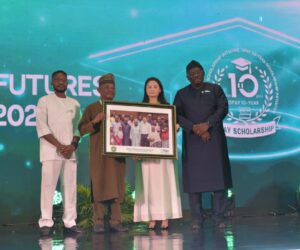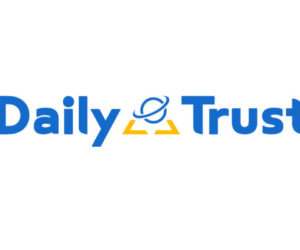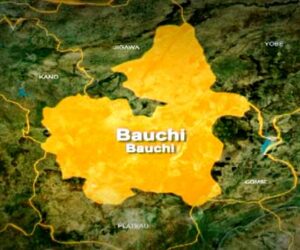Denge Onoh, former campaign spokesman of President Bola Tinubu in the South East, has asked ex-President Goodluck Jonathan to be cautious of sensitive utterances in public.
Jonathan had at the public presentation of a book, “SCARS: Nigeria’s Journey and The Boko Haram Conundrum”, alleged that Boko Haram insurgents nominated late President Muhammadu Buhari as their negotiator during his administration.
In a statement, on Saturday, Onoh said while Jonathan’s intention may have been to shed light on the complexities of the Boko Haram insurgency, the comment carries grave implications that warrant serious reflection and caution.
SPONSOR AD
Onoh said that the statement is morally inappropriate and deeply insensitive, especially given that former President Buhari passed away recently, and his family is still in mourning.
“To publicly associate a deceased leader with such a sensitive and unverified claim risks casting a shadow over his legacy and inflicts unnecessary pain on his loved ones.
“As a former president, you are expected to uphold the highest moral standards, demonstrating restraint and decorum, particularly when discussing matters involving a departed colleague who can no longer respond or clarify such claims. Your disclosure, especially in the context of Nigeria’s polarized political climate, appears to serve no constructive purpose and instead fuels division and mistrust.
“Secondly, his statement disregards the sanctity of classified security matters. As a former head of state, you are privy to the fact that certain sensitive issues, particularly those involving national security, are deliberately shielded from public consumption to protect the nation’s stability and the integrity of its institutions.
Onoh said during his lifetime, Buhari refrained from making public remarks about Jonathan’s handling of the Niger Delta militancy, “respecting the unwritten code of discretion expected of leaders”.
“By choosing to reveal this alleged nomination of Buhari by Boko Haram, you have breached this code, setting a dangerous precedent that undermines the confidentiality critical to governance and national security,” Onoh said.
“The negative implications of your statement are manifold. By waiting until the build-up to the 2027 elections to make this claim, you have inadvertently cast doubt on your intentions, leading many Nigerians to question whether this revelation is an attempt to score political points rather than contribute to a meaningful discourse on the Boko Haram crisis.
“This is a disappointment to the sensibilities of Nigerians who expect former leaders to rise above partisan politics and act as unifying figures. Your statement risks deepening public cynicism and eroding trust in leadership, especially at a time when Nigeria needs cohesion to tackle ongoing security and economic challenges.
“I must also draw your attention to a similar instance in the past when I cautioned former Head of State General Yakubu Gowon for making unsubstantiated claims about the late Chukwuemeka Odumegwu Ojukwu after his passing. Such actions, especially when the subject is no longer alive to respond, are not only unfair but also diminish the moral authority of the speaker. Leadership demands accountability, but it also requires empathy and respect for the dignity of others, particularly in death.
“In light of the foregoing, I respectfully urge you to reconsider the implications of such statements and exercise greater caution in your public remarks. As a former President, your words carry immense weight and can either foster unity or exacerbate division.”







